Patuakhali, Oct 21 (V7N) – For the first time in Bangladesh, fish farmer Anwar Hossain from Kalapara upazila of Patuakhali has successfully cultivated coral fish in a pond using artificial feed, overcoming the traditional challenges of coral farming. This breakthrough marks a significant development in Bangladesh’s fisheries sector, opening up new possibilities for sustainable fish farming.
Anwar Hossain, a resident of Mytbhanga village in Latachapali union, began coral cultivation in his pond about a year ago, following advice from Dr. Abdur Razzak, an associate professor at Patuakhali Science and Technology University (PSTU). Unlike traditional coral fish, which are known to consume other fish in ponds, Hossain's corals were fed a specially formulated artificial diet rich in seaweed. The coral fry, more than 700 of which were imported from Thailand as part of a research project by the Sustainable Coastal and Marine Fisheries team, have thrived, with each fish now weighing between 3 to 4 kg.
Anwar shared his initial hesitation in cultivating corals, as they are known for their predatory nature. “Having one or two corals in the pond used to mean the disappearance of all other fish,” he said. However, the use of artificial feed has allowed him to raise corals successfully, and he is hopeful for significant profits from this new venture.
The success of this project has sparked interest among local fish farmers. Hossain Miah, another resident of Mytbhanga, noted that the rapid growth of the corals in Anwar’s pond has inspired him to consider coral farming as well. Rahman Mia, a fellow villager, expressed his surprise at this achievement, pointing out that native corals traditionally rely on other fish for sustenance.
Dr. Abdur Razzak, the lead researcher of the project, explained the significance of this achievement. "For the first time in Bangladesh, we have successfully cultivated coral fish using artificial feed in ponds," he said. His team developed the feed, enriched with seaweed, at PSTU. This feed has helped the corals grow from 5 grams to between 2 and 3.5 kg within a year. The project has shown great potential for fish farmers, not only in the southern region but also throughout the entire sub-tropical region of Bangladesh.
Shariful Azam, the deputy project director of the Sustainable Coastal and Fisheries Project under the Bangladesh Fisheries Department, noted that corals were initially imported from Thailand because native corals do not typically eat artificial feed. However, after extensive research, hatcheries in Cox’s Bazar are now producing coral fry capable of consuming the artificial feed.
This success story has opened up new opportunities for fish farmers across Bangladesh. With the technology for coral farming now available, it is expected that more farmers will adopt this innovative method, boosting fish production and improving livelihoods in coastal regions.
END/UKH/AJ



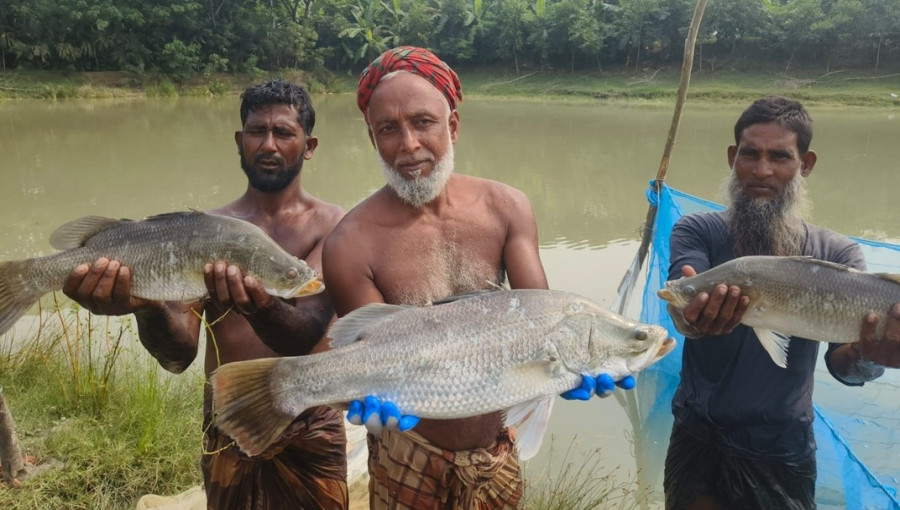


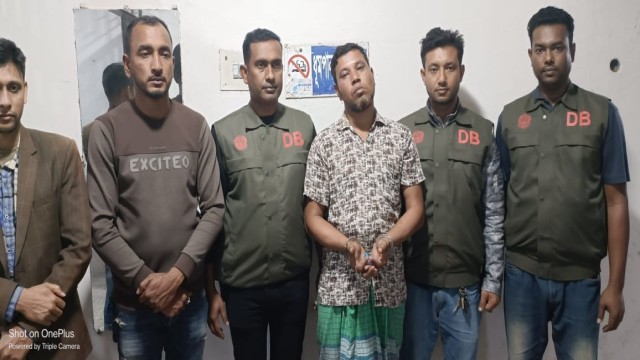


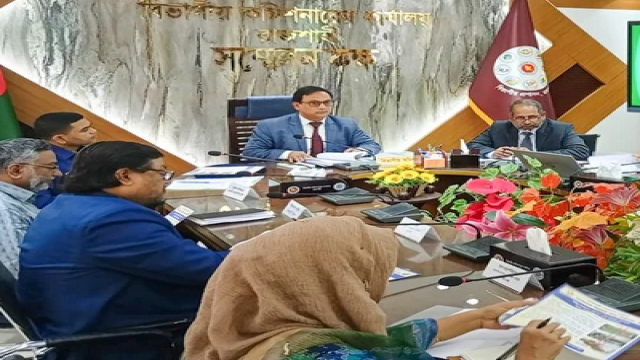
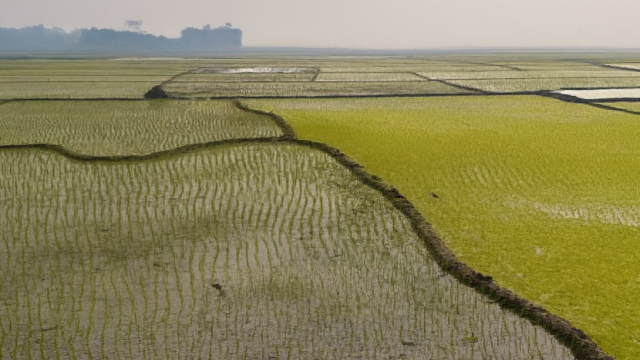

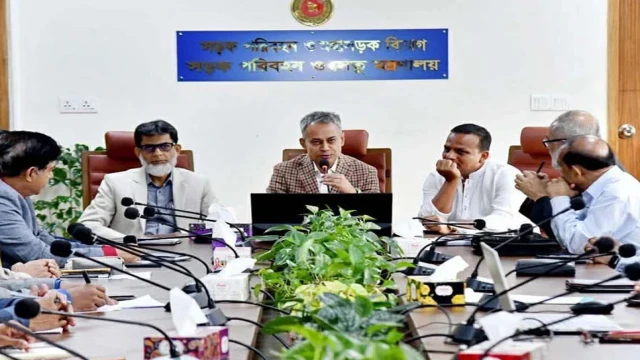












Comment: